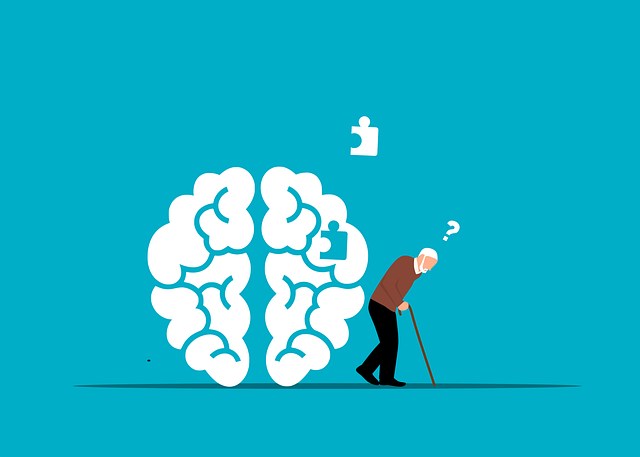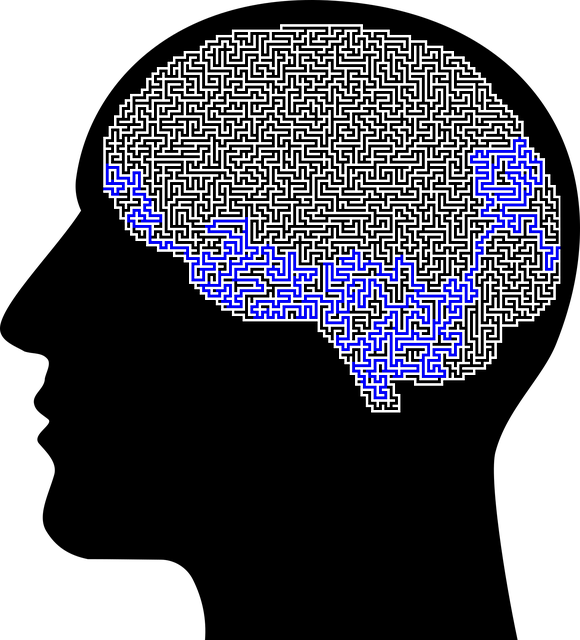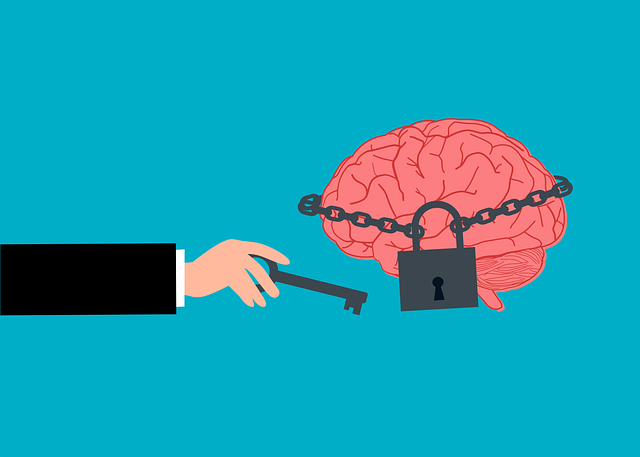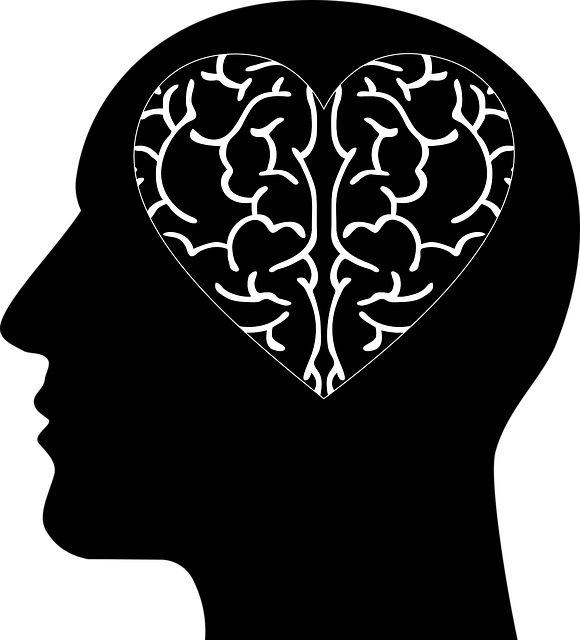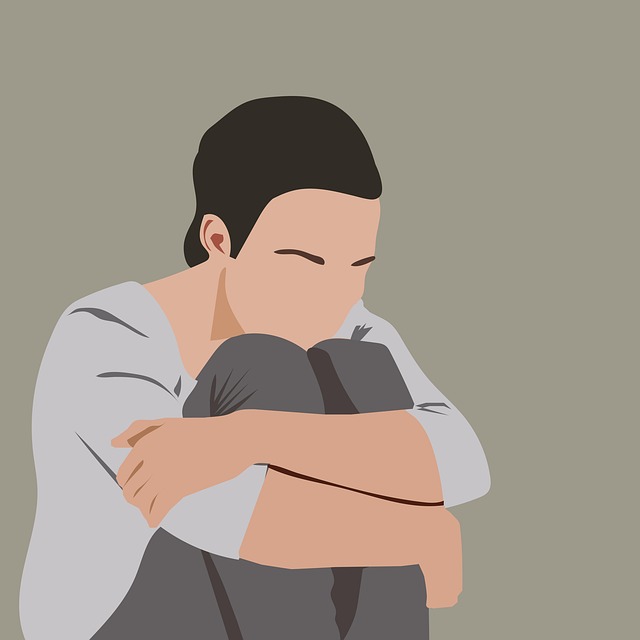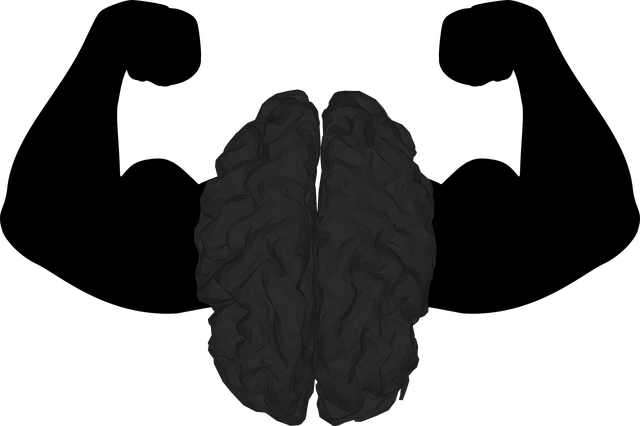Adolescent teens who survive abuse face unique mental wellness challenges, including trauma, anxiety, depression, and low self-esteem. Effective group therapy requires a nuanced approach addressing their specific needs in safe, supportive environments. Facilitators use techniques like crisis intervention, burnout prevention, and mood management exercises to foster trust, open communication, and peer connection. Cultural sensitivity, stress management workshops, and community outreach programs further strengthen the support system, empowering teens with coping strategies and fostering resilience for therapy for adolescent teens abuse survivors.
Mental wellness group facilitation plays a pivotal role in supporting adolescent teen abuse survivors. This article delves into tailored strategies to address their unique needs, focusing on creating safe spaces and fostering resilience. We explore effective facilitation techniques for group therapy sessions, emphasizing the importance of self-care for facilitators. By implementing these practices, therapists can enhance the healing process for young survivors, offering them the tools to navigate and overcome challenging experiences. Discover how these techniques revolutionize therapy for adolescent teens abuse survivors.
- Understanding the Unique Needs of Adolescent Teen Abuse Survivors
- Creating a Safe and Supportive Group Environment
- Facilitation Techniques for Effective Group Therapy
- Promoting Self-Care and Resilience in the Facilitator
Understanding the Unique Needs of Adolescent Teen Abuse Survivors

Adolescent teens who have survived abuse face unique challenges when it comes to mental wellness. Facilitating therapy for this demographic requires a nuanced approach that considers their specific needs and experiences. Many survivors struggle with trauma, anxiety, depression, and low self-esteem, often resulting from complex dynamics within their families or social environments. Understanding these underlying issues is crucial in developing effective group facilitation techniques.
Group settings can be powerful tools for healing, providing a sense of community and peer support that may be lacking in their lives. Techniques such as crisis intervention guidance, burnout prevention strategies, and mood management exercises can help these teens navigate their emotions and build coping mechanisms. By creating a safe and non-judgmental space, facilitators enable participants to share their stories, fostering a sense of validation and empowerment while addressing the complex trauma they have experienced.
Creating a Safe and Supportive Group Environment

Creating a safe space is paramount when facilitating support groups for adolescent teens who have experienced abuse survivors. This involves cultivating an environment that fosters trust and encourages open communication, ensuring every individual feels seen, heard, and valued. Facilitators should model active listening, empathy, and non-judgmental attitudes to establish a supportive atmosphere. Incorporating confidentiality practices and clearly outlining group expectations are essential steps in building safety.
Cultural sensitivity in mental healthcare practice plays a significant role here. Understanding the diverse backgrounds of participants allows facilitators to adapt their approaches, ensuring that cultural beliefs and traditions are respected. This can involve incorporating culturally relevant activities or resources tailored to specific ethnic or religious groups. Additionally, stress management workshops organization within these groups can empower teens with coping strategies, enabling them to navigate challenges effectively. Community outreach program implementation further strengthens the support system by connecting adolescents with external resources and fostering a sense of belonging.
Facilitation Techniques for Effective Group Therapy

Effective group therapy for adolescent teens who are abuse survivors requires skilled facilitation techniques that create a safe and supportive environment. Facilitators play a crucial role in guiding discussions, fostering open communication, and promoting emotional expression. One powerful approach is to utilize active listening skills, where the facilitator pays close attention to each member’s stories and feelings, demonstrating empathy and understanding. This not only helps individuals feel heard but also encourages them to explore their experiences and emotions more deeply.
Additionally, incorporating structured activities and exercises tailored for trauma recovery can be highly beneficial. These may include mindfulness practices, art therapy sessions, or group discussions focused on coping skills development. Facilitators should aim to create a sense of community within the group, encouraging peer support and shared understanding. This collective atmosphere can significantly contribute to building resilience and empathy among participants, ultimately aiding in their healing process.
Promoting Self-Care and Resilience in the Facilitator

Promoting self-care and resilience among facilitators is an essential aspect of supporting mental wellness groups, especially when working with vulnerable populations like adolescent teens who have survived abuse. Facilitators play a crucial role in creating a safe and supportive environment, which can be emotionally taxing. Implementing effective stress management techniques, such as mindfulness practices or regular self-care routines, can help build their own resilience and prevent burnout.
Encouraging facilitators to prioritize their mental health fosters a culture of care within the group. Self-care routine development is a powerful tool for better mental health, enabling facilitators to manage stress and maintain their well-being. Moreover, focusing on self-esteem improvement can empower them to model healthy behaviors, enhancing the overall therapeutic experience for adolescent abuse survivors.
Group facilitation plays a pivotal role in providing therapeutic support for adolescent teen abuse survivors. By creating safe spaces, employing effective techniques like active listening and experiential exercises, and prioritizing self-care for facilitators, we can enhance the resilience and wellness of these individuals. Implementing these strategies ensures that therapy for adolescent teens abuse survivors is not just about healing but also fostering a sense of belonging and empowerment.



